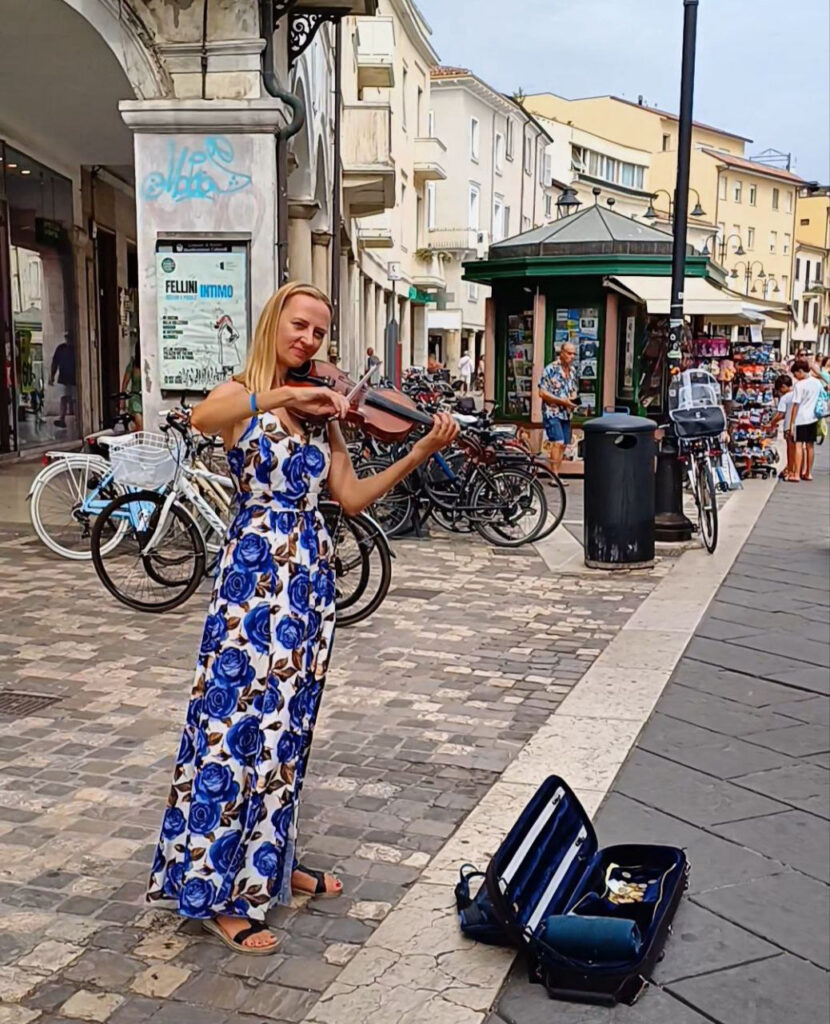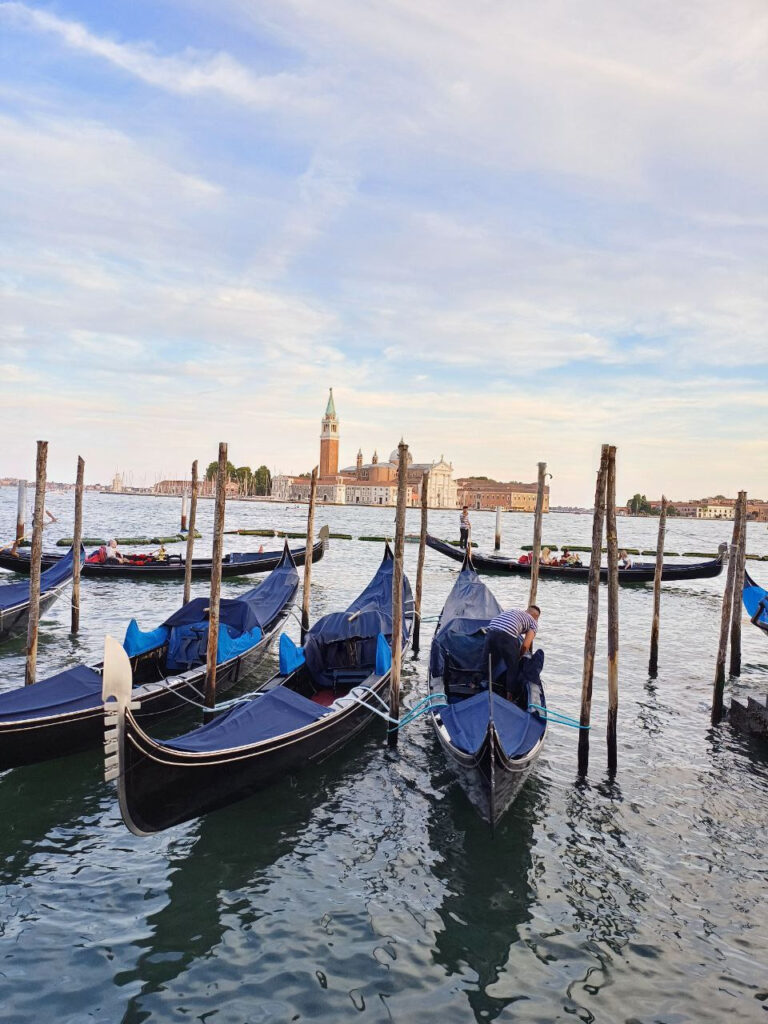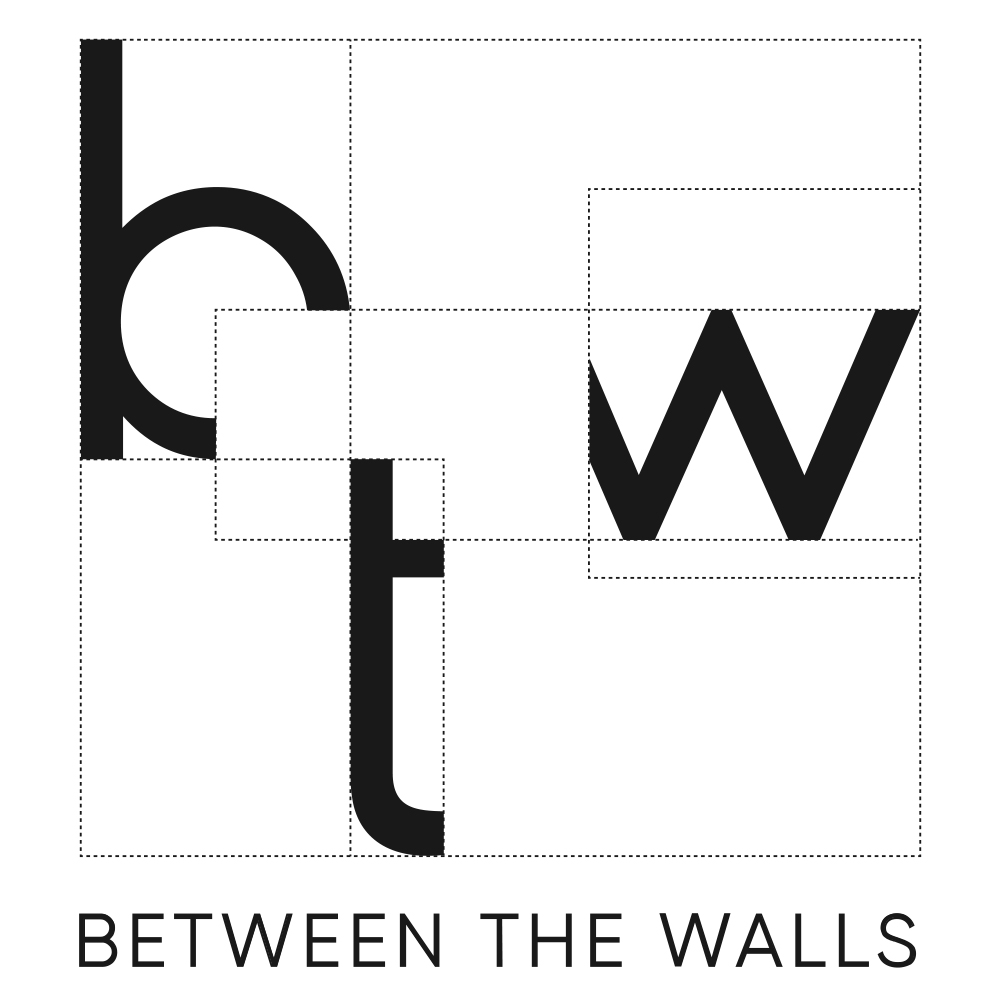Tatiana Khodakova
“No one returns from travel the same as they were before” (Chinese proverb)
Travel isn’t just about rest and new impressions; it’s also an opportunity to improve brain function. Modern research shows that trips stimulate brain development and help people become more energetic and goal-oriented.
What exactly happens in travel that makes us change?
First, new neural connections are created in the brain. We’re born with many neurons, but there are relatively few connections between them, and these connections form as we interact with the surrounding world. It is these connections that make us who we are. When we want to change ourselves—our thinking and our habits—we need to change our neural connections.
The legendary Coco Chanel liked to say: “If you want to have what you never had, you’ll need to do what you never did.”
This is the core principle behind forming new neural connections. In the familiar conditions of life there is a certain stability and predictability, and we can unconsciously resist novelty. But when we travel, the formation of new neural connections occurs in the most natural way. The more new pathways we master, the more neural connections we create. And if we repeat the process several times, the new experience becomes well consolidated.

When we find ourselves in another country or city, we have to adapt in many contexts — our daily routine changes (sometimes even the time zone), our diet (we try new dishes), our activity (we usually move a lot), the scenery before us (we see new places), and our communication (we pick up a new language, even if only a few greetings). All of this forms new neural networks in the most natural way!

Secondly, when we travel, we are most fully in the present moment. In this so-called “here and now,” we exist without special effort. In familiar surroundings (at home) we do many things on autopilot, and during that time our mind tends to wander—into the future, trying to anticipate what lies ahead, or it keeps digging into the past, replaying events in memory. And such activity often leads to anxiety.
When we are in the present moment, we are calm. Anxiety is always directed at the past (“I should have done that back then…”) or the future (“what if…?”). The autopilot won’t kick in in new countries, cities, and places, because everything around us is unfamiliar, and we need to see, hear, and feel what’s happening around us right now in order to navigate. Thus, with little effort on our part, we find ourselves in the present moment, and therefore there’s no basis for anxiety.

Thirdly, traveling to different countries puts our ironclad beliefs at risk of being smashed to bits against another culture. When we live in the closed confines of our home, our minds narrow to the scope of local customs, which subtly constrain our freedom, and we begin to regard as an unshakeable norm what may personally be unacceptable to us. When travel offers the opportunity to become acquainted with the cultures of other countries, our beliefs lose their immutability, or even shatter under the new experiences we encounter.

Beliefs are the knowledge we have acquired through the influence of significant people, and then we look for—and, of course, find—validation for them in our own experience. Thus, new countries (cities, places) allow us to gain new knowledge and new experiences simply through travel. Since our worldview is everything we have seen, heard, and felt in our lives, new impressions expand this worldview, because there is even more of what we see, hear, and feel.
The key point is that we don’t deliberately do anything in particular; travel does this for us in the most natural way.
“Travel teaches us more than anything else. Sometimes a day spent in other places yields more than ten years of life at home” (Anatole France)
And yet travel is not a substitute for psychotherapy. To receive all the psychological “bonuses” of travel, one must be able to notice the beauty along the way, and for that you need to be in touch with your emotions and sensations. Psychotherapy restores this contact if it has been lost, and travel nicely reinforces the result.
So why not make use of it? After all, here we will meet many new people, new situations and challenges, uncharted routes, perhaps another language and unfamiliar food—a whole set of experiences to reboot our brains, become more flexible, and speed up our thinking.

It is not necessary to go to another country. You can travel every two or three weeks to new cities for the weekend. This will be enough to form new neural connections, which means that you will return from the trip as a different person on a psychological and even physiological level, because traveling gives us a lot of positive emotions, reduces stress, maintains physical fitness, improves brain activity, and thus contributes to a happy long life.

Translated by Maria Zayats
Read also:
Don’t come near me! I’m offended
When success is more important than happiness

Татьяна Ходакова
Практический психолог
Интегративный подход






